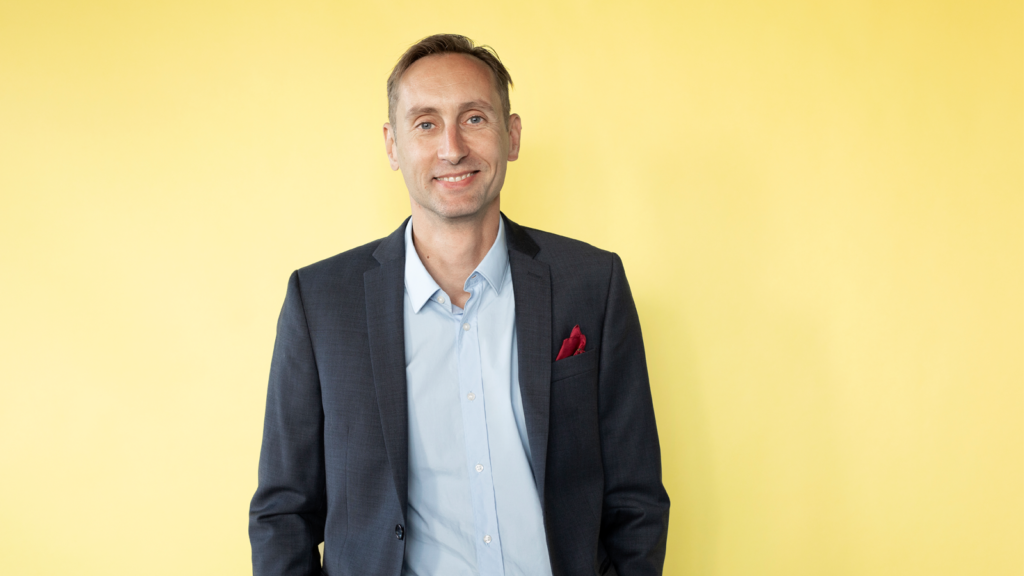When the Opin.fi service is launched in 2025, it will not yet be in its final form. The development work is ongoing and, little by little, the shared focus of the programme and higher education institutions has also been shifting towards the post-launch period. What will be the focus of Digivisio after the launch of Opin.fi?
Three themes to guide the activities in the future
The Digivisio2030 programme is built in phases. The first of these is currently under way: between 2021 and 2024, the focus has been on developing solutions that support continuous learners in finding educational content available in higher education institutions that is suitable for them and supports their own goals.
During last year, higher education institutions agreed on three themes that Digivisio will promote in the future. The following were selected as these future themes:
Theme 1. Opin.fi serves and creates value for learners and organisations based on data.
Theme 2. Opin.fi enables teaching cooperation between higher education institutions in a way that offers continuous learners and degree students an ever widening range of educational content. The service maximises the resources available and provides better quality support for the implementation of teaching.
Theme 3. The Opin.fi service draws international learners to the higher education institutions. Digivisio supports the attachment of higher education institutions to international networks.
Interviewing vice rectors helped to define the themes
This spring, the themes have been defined more closely and the development work required to promote them has been assessed by both within the project office and together with higher education institutions. As part of this definition process, higher education institutions’ vice rectors responsible for teaching and experts on serving organisational clients were interviewed. They were able to share their views on the value and prioritisation of themes 1 and 2 in particular. What kind of a picture did the interviews then create of the themes for the next phase?
Micro-credentials support the augmentation of skills and knowledge
The thing emphasised in the responses was that in the future, available educational content could be presented even more extensively on the common platform for higher education institutions. This would mean including new provisions of continuous learning, such as micro-credentials.
The aim of tertiary education policy is to reduce studying parallel higher education degrees when a person’s competence and skills can be developed in some other manner. Continuous learning and, for example, micro-credentials are seen as one way to reach this aim. The interviewees also stressed the importance of further developing the search and recommendation functions to help learners find content that is relevant to them.
From continuous learners to degree students
Gathering all education leading to a degree to one place was also considered important, especially when the Campus Online site will be closed at the end of the year. When Digivisio started to develop services for cooperation between higher education institutions, the original perspective was that of continuous learning, but now there is a growing need for these services also in degree education.
When the goal is to bring all degree education to a common platform, there are plenty of questions concerning agreements between higher education institutions, such as accreditation of studies. Despite the challenges, degree studies and broader educational cooperation between higher education institutions are seen as important future development trends for higher education institutions.
The needs of corporate customers have been identified
The interviewees had a fairly uniform view that in the future, it should be possible to offer corporate customers more individual a service, for example by customising content more for the needs of an individual company or other employer. Business or organisational customers should also have clear “study paths” that can be used to develop the personnel’s competence so that it meets the organisation’s strategic needs.
Data to help developing education
The interviewees were also asked about their views on data obtained in the future through the Opin.fi service and its utilisation. The value of data and its significance for the development of teaching and education in higher education institutions have been recognised, but concrete opportunities for its utilisation are still a puzzle to be solved. One of the conclusions of the interviews was that the possibilities offered by data and analytics must be discussed in more detail with higher education institutions.
Together we are stronger
The interviews showed that higher education institutions have a strong willingness to develop cooperation in teaching and education and to utilise the services built together. At the same time, the full potential of these solutions may not yet have been considered collectively, nor necessarily even within higher education institutions. This work should be promoted in cooperation between higher education institutions, as it is most certainly true that together we are stronger than alone.
The roadmap for the next phase of the project will be specified in more detail during the autumn. In May, the General Assembly prioritised the goals of the next programme phase so that particular focus will be on the data-based development of the service and the development of contract-based teaching cooperation between higher education institutions, i.e. the themes 1 and 2 will be highlighted.
Internationality has not been forgotten: Digivisio will closely monitor the development of the international, and especially the European, field of higher education. Increasing cooperation between European higher education institutions will also require joint digital solutions, and Digivisio will play a role in promoting these solutions. In other words, there will be plenty of development work in the future and the excellent cooperation between higher education institutions will continue in the Digivisio project.

Sakari Heikkilä
Programme Manager

Heini-Maari Kemppainen
Project Manager
During the spring, Solita interviewed a total of 14 people representing eight higher education institutions from both the university and UAS sectors. The interviewees were rectors, directors of education or vice presidents responsible for education, experts in continuous learning and other experts or directors of education.
